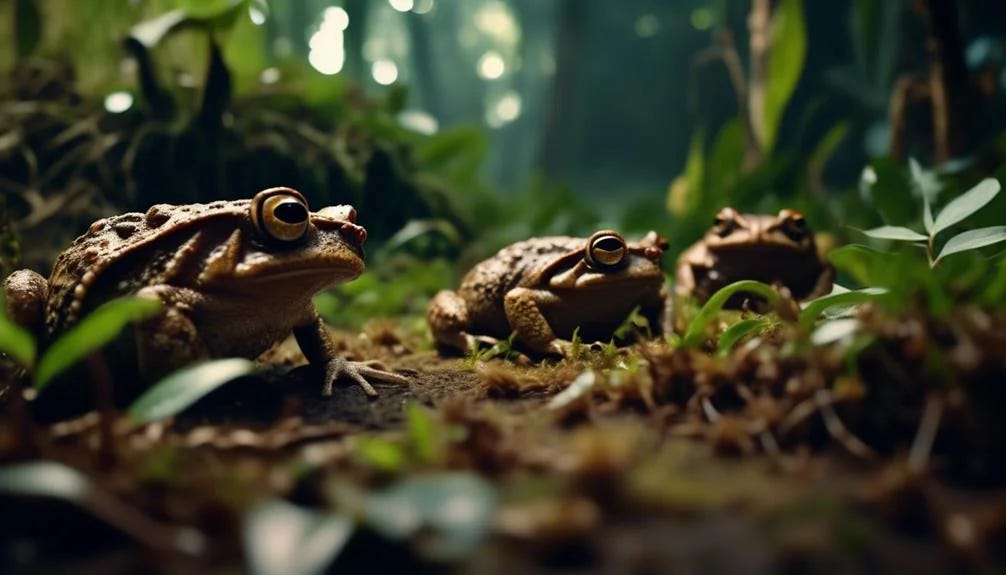AI Upends Internet Income
For creators who built their careers on traffic — and for companies relying on advertisers — the end is nye.
Googling is hard work. Currently, in 2025, searching for information on the Internet still requires a great deal of filing through endless website links, then reading the websites and cross-checking facts (if, indeed, you are interested in being factual).
By the time 2035 rolls around, you'll wonder what Googling is. Instead of "Search Engines," you'll likely use a term like "Answer Engines," because you get direct answers to your direct questions served up to you quickly and grammatically (though, you may still have to verify facts).
Certainly, by 2035, artificial intelligence will have changed every part of the web. In the run up to the AI invasion of the web will be the rise of AI-powered search. Even now AI-searches deliver detailed answers in seconds. With AI replacing traditional searches and user clicks, the ways people earn income online will have evolved dramatically.
Beginning in 2024, the introduction of AI Overviews in Google Search changed the business model for almost every digital publisher and journalist. In previous years, search engines were a traffic lifeline for news outlets, bloggers, and creators who shared information online.
As AI began summarizing answers directly on the results page, people no longer needed to click on news articles for basic information. Data from the first half of 2025 shows that the rate of “zero click” searches for news jumped from 56 percent to 69 percent in a single year.
This means two out of three searches for news never led to the user visiting an actual publisher’s website. At the same time, total visits to news sites fell below 1.7 billion in May 2025, down from more than 2 billion in the same month the year before. Thirty-seven of the top fifty news domains saw sharp declines in visits.
For creators who built their careers on traffic — and for companies relying on advertisers — this is already coming as a shock.
So by 2030, you'll have seen that revenue dropped in tandem with lost attention. Studies reported that publishing sites experienced a decrease in click-through rates by 34 to 70 percent in 2025, depending on the kind of search or business sector.
Across industries, automatic AI answers are already leading to 15 to 64 percent less organic web traffic because users found answers immediately, without reading more in-depth articles on the original sites.
Looking forward from 2025, the next decade will likely see entirely new revenue models designed around AI and internet economics.
As early as 2026, publishers and journalists, once supported by advertisers eager to reach large digital audiences, will have to search for fresh ways to monetize their work.
Some companies are already experimenting with licensing deals, where AI systems pay to use trusted sources as the basis for their summaries. Others are adding more paywalls, offering exclusive content that AI cannot summarize, or focusing on community and interactive features that are difficult to automate.
Brands and creators may lean more on video, podcasts, or experiences that engage users beyond simple Q&A, since these can foster loyalty and are harder for AI summaries to replace.
Many believe one-to-one and one-to-community services will become more valuable, such as paid coaching, workshops, and custom consulting delivered online.
Because of these shifts in how work and earnings are structured, Gen Alpha and Gen Z will have to think differently about both opportunities and risks online.
Many jobs that existed in the “attention economy” of 2025 — like content creation, ad-based publishing, and affiliate blogging—may no longer guarantee the income streams they once promised.
To prepare, young workers can focus on skills that AI cannot easily duplicate: creativity, technical literacy, critical thinking, and emotional intelligence. Understanding how to work with AI rather than against it will unlock new careers, from managing AI tools to building original businesses that use AI to reach people in real time.
As the internet moves toward an age shaped by fast-changing algorithms and AI assistance, adapting to new forms of digital work is growing more important each year.
Your future in the service sector depends on being flexible, learning rapidly, and seeing AI as a co-creator of your future.
Explainer — The Alien Invasion (A.I.) in Our Midst
In 1935, Australian sugar farmers faced a beetle problem destroying their crops. Scientists had a brilliant solution: import 102 cane toads from Hawaii to eat the beetles. The toads would solve the pest problem naturally, cheaply, and permanently.






